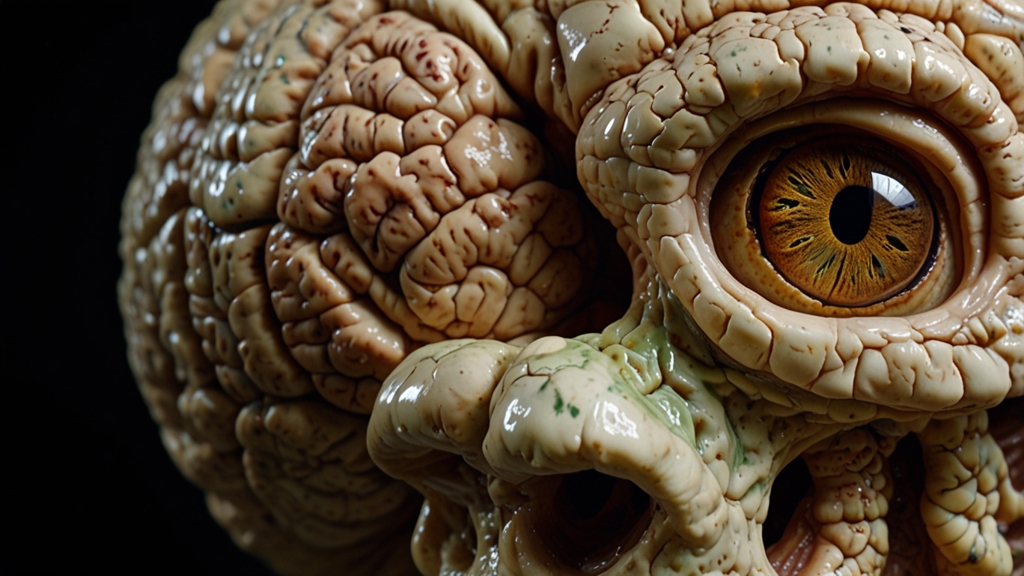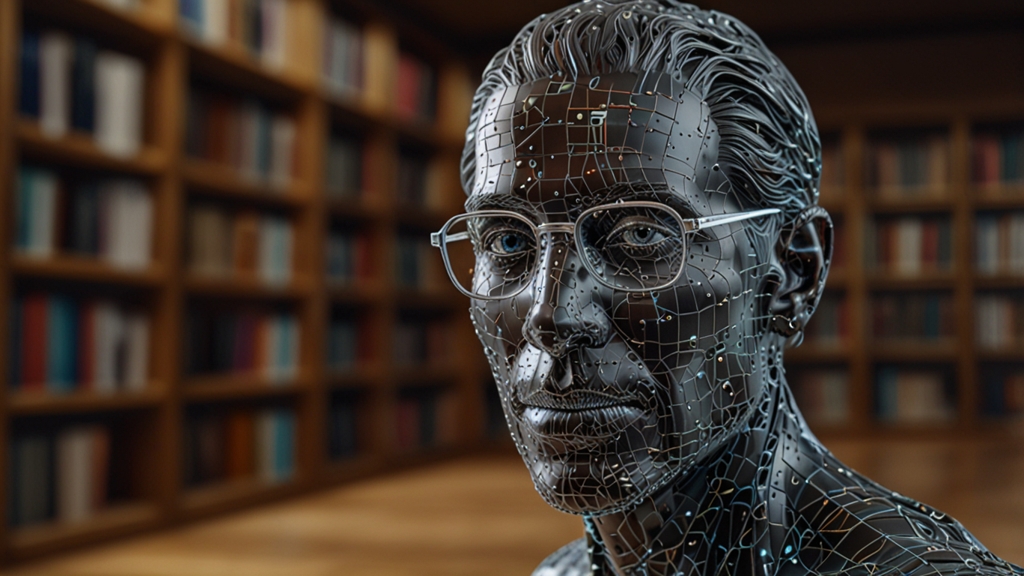The AI Healthcare Revolution: Life-Saving Innovations on the Horizon
The world of healthcare is on the brink of a paradigm shift, driven by the integration of artificial intelligence (AI) into medical practices and research. AI's potential to revolutionize healthcare is enormous, from early diagnosis and personalized treatment plans to reducing the burden on healthcare professionals. This article explores the groundbreaking innovations in AI that are poised to save lives and reshape the future of medicine.
Early Diagnosis and Predictive Analytics
One of the most promising applications of AI in healthcare is its capability to enhance early diagnosis and predictive analytics. Traditional diagnostic methods, while effective, can sometimes fall short in terms of speed and accuracy. AI algorithms, on the other hand, are capable of analyzing vast amounts of medical data, including medical images, patient records, and genomic information, at unprecedented speeds. This enables earlier and more precise detection of diseases such as cancer, cardiovascular conditions, and neurodegenerative disorders.
For example, AI-powered imaging tools are being developed to identify early signs of cancer in mammograms with greater accuracy than human radiologists. By identifying anomalies that might be missed by the human eye, these tools can expedite the diagnosis process, allowing for earlier intervention and better patient outcomes.
Personalized Treatment Plans
Every patient is unique, and AI can tailor treatments to individual needs, taking into account a myriad of factors including genetics, lifestyle, and environmental influences. This personalized approach ensures that patients receive the most effective treatments with minimal side effects. AI-driven analytics can sift through patient data to recommend customized treatment plans, monitor progress, and adjust therapies in real-time based on a patient's response.
AI can analyze patient data to recommend customized treatment plans, monitor progress, and adjust therapies in real-time based on a patient's response.
One such example is the use of AI in oncology, where treatment regimens can be personalized based on the genetic makeup of a patient's tumor. By identifying specific genetic mutations, AI can suggest targeted therapies that are more likely to be effective, thereby improving the chances of successful treatment and recovery.
Streamlining Clinical Workflows
Healthcare professionals often find themselves overwhelmed by administrative tasks that take time away from patient care. AI can automate many of these routine tasks, streamlining clinical workflows and freeing up valuable time for doctors and nurses. From scheduling appointments and processing insurance claims to managing electronic health records (EHRs), AI has the potential to significantly reduce the administrative burden on healthcare providers.
AI can automate many routine tasks, such as scheduling appointments and managing electronic health records, freeing up valuable time for healthcare professionals to focus on patient care.
Moreover, AI can assist in medical decision-making by providing healthcare providers with evidence-based recommendations. Using natural language processing (NLP), AI systems can analyze medical literature, clinical guidelines, and patient histories to offer insights that support informed decision-making, ultimately leading to better patient care.
Drug Discovery and Development
The process of developing new drugs is often lengthy and expensive. AI is streamlining this process by accelerating the discovery of new therapeutic compounds and predicting their efficacy and safety. Machine learning algorithms can analyze large datasets of chemical compounds, genetic information, and patient data to identify potential drug candidates faster than traditional methods.
Additionally, AI can simulate clinical trials, predicting how different populations might respond to a new drug and identifying possible side effects before entering costly and time-consuming human trials. This can significantly reduce the time and cost associated with bringing new drugs to market, ultimately making life-saving medications available to patients sooner.
Challenges and Ethical Considerations
While the potential benefits of AI in healthcare are immense, several challenges and ethical considerations must be addressed. Privacy and security concerns are paramount, as AI systems often require access to sensitive patient data. Ensuring the confidentiality and integrity of this information is critical to maintaining patient trust and complying with regulations such as the Health Insurance Portability and Accountability Act (HIPAA).
Privacy and security concerns are paramount, as AI systems often require access to sensitive patient data. Ensuring confidentiality and compliance with regulations is critical.
Moreover, the integration of AI into healthcare must be done thoughtfully to avoid biases in AI algorithms that could result in disparities in care. This requires diverse datasets and continuous monitoring to ensure AI systems do not inadvertently discriminate against certain populations.
Conclusion
As AI continues to advance, its impact on healthcare will undoubtedly grow, offering unprecedented opportunities to improve patient outcomes and enhance the efficiency of healthcare systems. From early diagnosis and personalized treatment to streamlining clinical workflows and accelerating drug discovery, AI-driven innovations are poised to save lives and transform medicine. However, addressing the associated challenges and ethical considerations will be crucial to realizing the full potential of the AI healthcare revolution.











